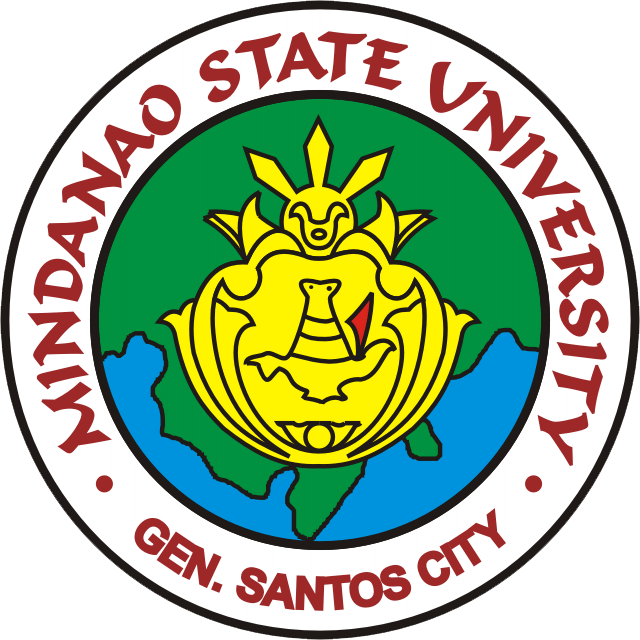This is a study using quantitative research design employing a survey. It aims to describe the socio-demographic profile of street beggars, dynamics of street begging. It also seeks to present an entry point for the LGU to provide more responsive and befitting programs.
Survey research questionnaires were administered among thirty (30) street beggars chosen from crowded places such as malls, churches, and major thoroughfares where traffic lights are located. In addition, the survey questionnaires provided a space for LGU personnel from different agencies to identify their perceived potential programs to address the challenges of street begging.
Findings reveal that street begging in General Santos City is dominantly practiced by the cultural minority group of Badjaos as a strategic survival activity since they undeniably lack institutional means to earn an income. The majority of the street beggars are products of a family of beggars, and most of them no longer see begging as a mere avenue to earn money but instead as a way of life. In response to these problems, the following suggested LGU-linked opportunities and strategies were raised to help alleviate the lives of street beggars, such as Alternative Learning System (ALS), TESDA vocational courses, and establishing and empowering an inter-agency task force, among others. However, these intervention programs still need to be revisited and refined to address the challenges of street begging effectively. For future research endeavors, they may focus on quantitative studies that determine the skills and interests, real-life sentiments, and preferred intervention programs of street beggars.
Author
NEIL SHERWIN E. MARAPO
Abstract
SY
2022
Program
Bachelor of Arts in Sociology
Department
Department: Sociology
College
College: Social Sciences and Humanities
